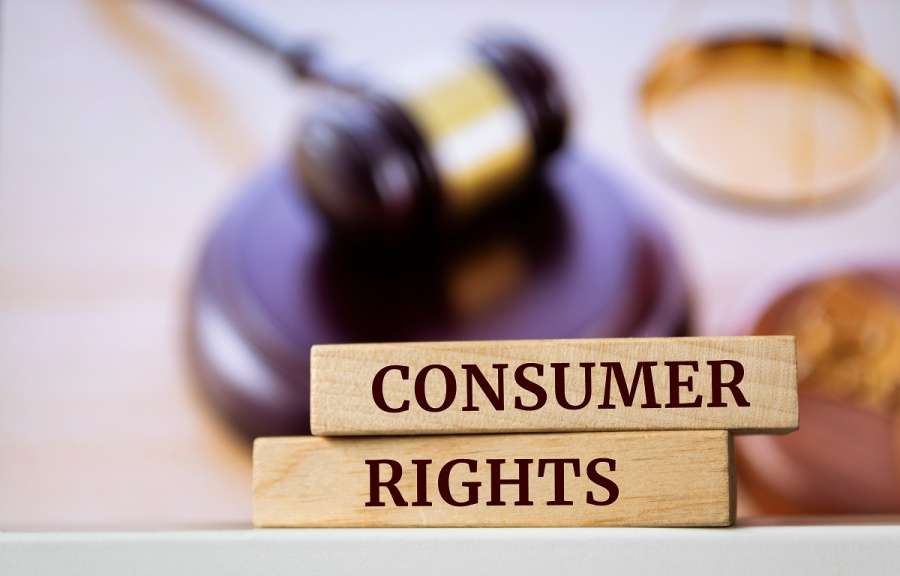Navigating the complex area of consumer legislation can be tricky for consumer-facing businesses.
However, as consumers are protected by statutory rights that cannot be limited or excluded by terms and conditions, the consequences of non-compliance can be potentially very costly.
It is, therefore, imperative for businesses that supply goods, services or digital content to consumers to ensure that their terms and conditions are carefully drafted to ensure they are compliant with consumer rights legislation.
This commercial article explores some areas of consumer legislation businesses should be aware of when supplying to consumers.
Further information regarding terms and conditions of supply can be found on our website.





